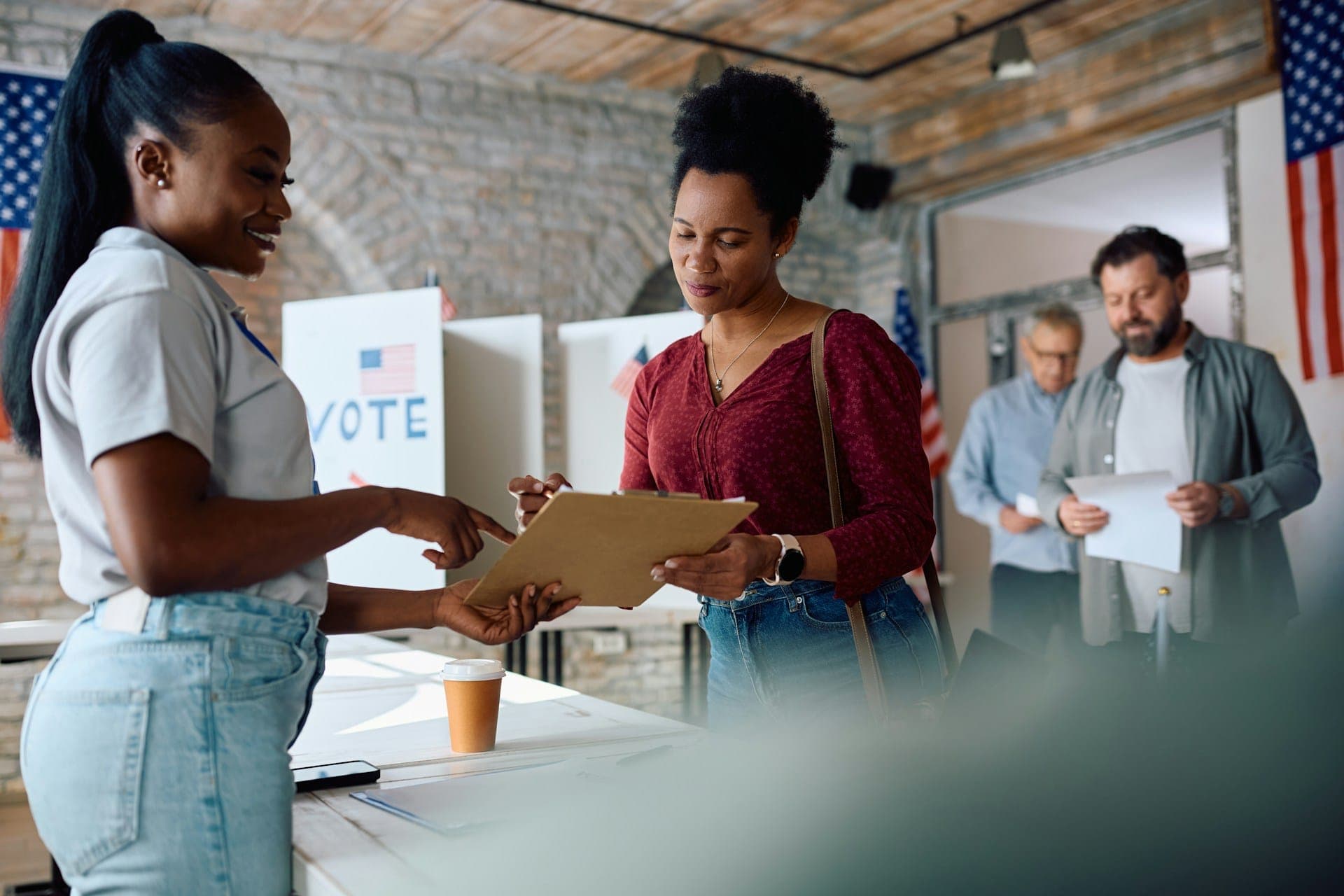Bill Filed to Close Indiana's Critical Primary Elections

Photo by Getty Images on Unsplash
Indiana lawmakers will consider a bill filed in the state's House of Representatives that seeks to the close the state's primary elections and condition full voting rights on joining one of two major political parties.
House Bill 1029, authored by state Rep. Michelle Davis and co-authored by Rep. JD Prescott, requires Indiana voters to register with a party in order to vote in taxpayer-funded primary elections and only on the party ballot that matches their registration.
The bill is reportedly in response to an organized effort to get Democrats to cross over and vote in the competitive 2024 GOP gubernatorial primary in order to advance a more moderate candidate.
"Primary elections should reflect the true will of a political party's members," Davis said. "By moving to a closed primary system, Indiana can ensure that the nominees selected by each party represent the values and priorities of its supporters."
Although, research shows that even when groups call for crossover voting, it only accounts for a marginal percentage of the vote when it happens, and most voters cross over to vote for a candidate -- not manipulate the results.
Either that -- or they simply want their vote to count.
In most states in the US, including Indiana, the only elections of consequence are taxpayer-funded partisan primaries. Seventy percent (70%) of the Indiana House is safe for the GOP -- along with 78% of the congressional caucus.
In the 2nd congressional district, for example, incumbent US Rep. Rudy Yakym won re-election with about 63% of the vote. In the 3rd district, Marlin Stutzman won with two-thirds of the vote.
This means that in order for these candidates to win, the biggest hurdle to victory was their primary. Yakym ran unopposed and Stutzman won his primary with 24% of the vote in a large field of Republican candidates.
Historically, partisan primary elections draw a low turnout. Sutzman secured his seat with less than a quarter of an already small percentage of his district's electorate.
And this doesn't just occur in Republican-held areas. Democrats may only hold two congressional seats, but they are packed in so tightly in these districts that their candidates win with nearly 70% of the vote.
House Bill 1029 eliminates the possibility of any voter outside the majority party, whether it is a district safe for Republicans or for Democrats, having a say in who represents them.
The bill is part of a growing trend in the US, particularly in traditionally red states, in which party leaders and officials are maneuvering to gain absolute control over election outcomes.
A few states have already succeeded in this effort, like Louisiana, Wyoming, West Virginia, and Tennessee (which did not close its primaries but made it a criminal offense to vote in a party's primary if you are not a "bona fide" member).
House Bill 1029 has been referred to the House Committee on Elections and Apportionment.
 Shawn Griffiths
Shawn Griffiths





